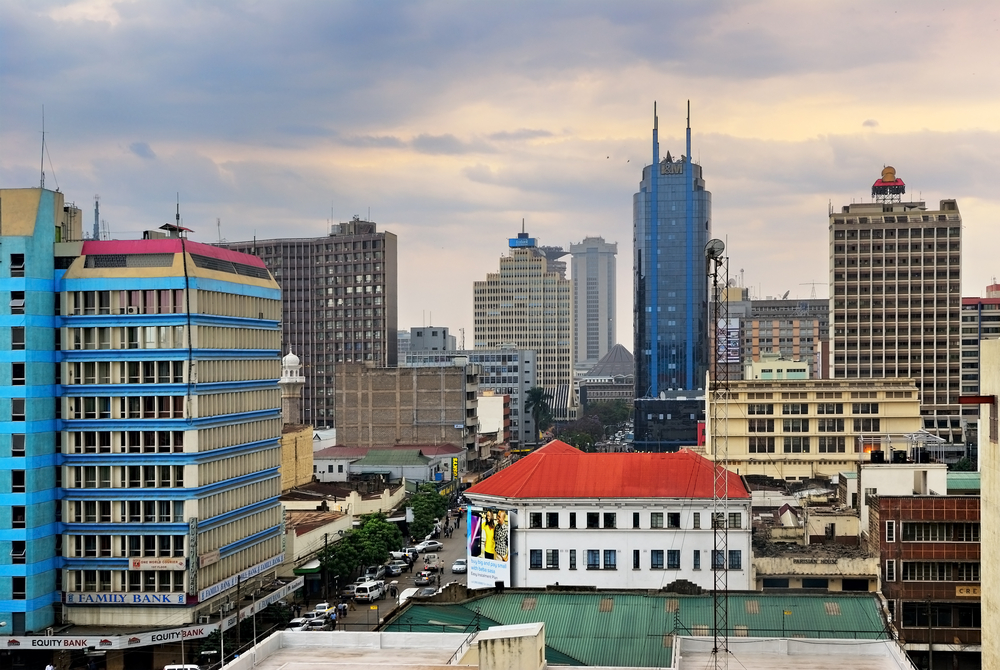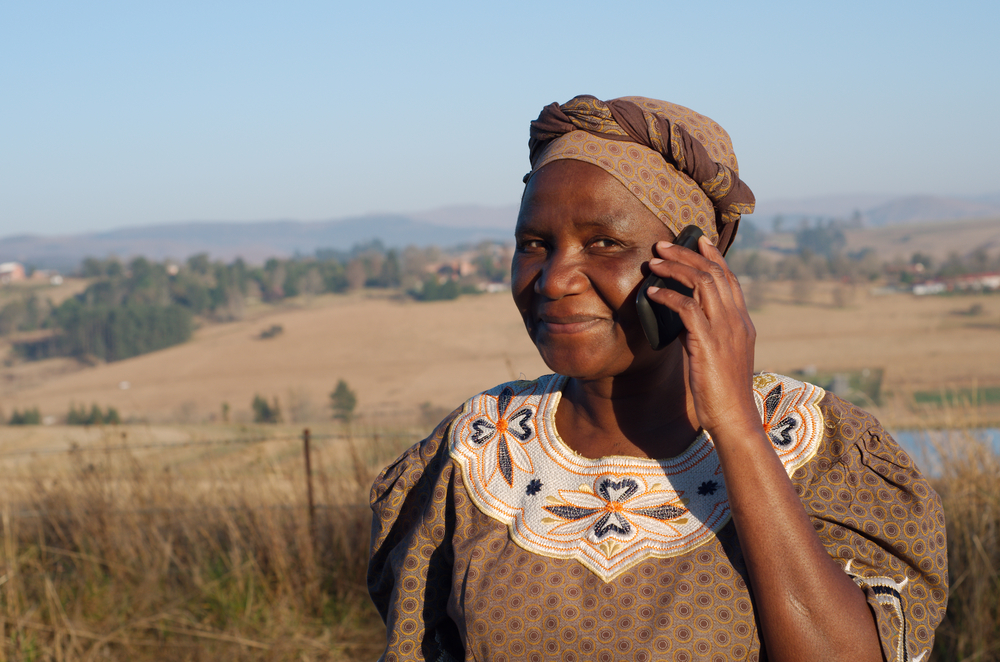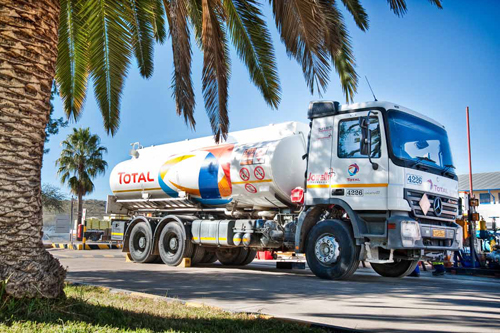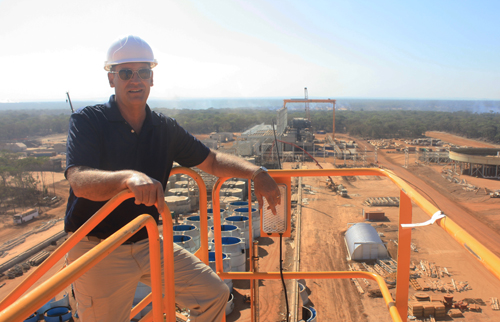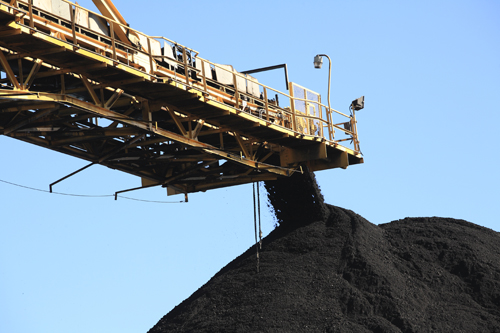
The all-share transaction will allow Sibanye to further bulk up its newly formed resource base to the west of Johannesburg.
Gold One will merge its 74 percent interest in Rand Uranium and Ezulwini, which collectively own the Gold One’s four Cooke mines and tailings, into Sibanye in exchange for a 17 percent interest in Sibanye.



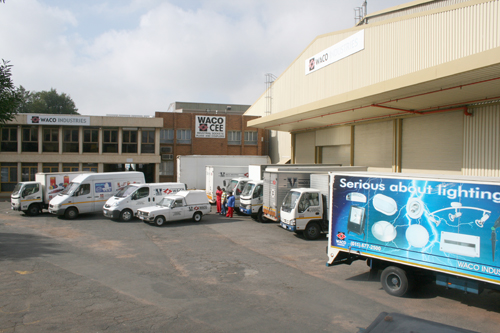
 Waco-Africa-Manufacturing-Sep13-Bro-s.pdf
Waco-Africa-Manufacturing-Sep13-Bro-s.pdf
